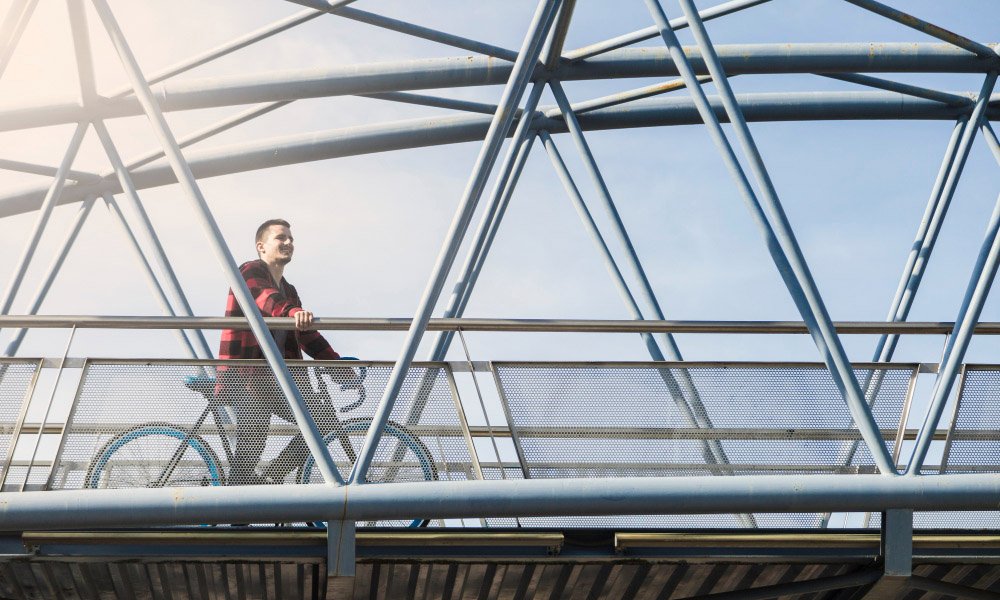The construction industry is constantly evolving with innovative materials and techniques that improve efficiency, durability, and sustainability. One such advancement is the use of engineered steel in modern construction projects. Engineered steel solutions have revolutionised the way structures are built, offering a myriad of benefits that cater to the demands of contemporary architecture and engineering.
Enhanced Structural Integrity
Engineered steel is known for its exceptional strength and durability. It provides enhanced structural integrity to buildings, making them resistant to various environmental stressors such as wind, earthquakes, and heavy loads. This makes it an ideal choice for constructing skyscrapers, bridges, and industrial buildings where safety and stability are paramount.
Design Flexibility
One of the most significant advantages of engineered steel solutions is the design flexibility they offer. Steel can be moulded into diverse shapes and sizes, allowing architects and engineers to implement unique and innovative designs that would be difficult to achieve with traditional materials. This flexibility also facilitates the integration of modern aesthetic elements into construction projects.
Cost Efficiency
Incorporating engineered steel into construction not only enhances the structural capabilities but also contributes to cost efficiency. Steel components can be prefabricated off-site, reducing the time and labour costs associated with on-site construction. Additionally, the durability of steel minimises the need for frequent repairs and maintenance, further reducing overall expenses.
Environmental Sustainability
Engineered steel is an environmentally sustainable material. Steel is highly recyclable and can be reused multiple times without losing its quality, reducing the environmental impact of construction projects. Moreover, steel structures are energy-efficient, as they can be easily insulated to reduce heating and cooling costs.
Speed of Construction
Speed is a critical factor in construction projects, and engineered steel solutions significantly reduce construction timelines. Since steel components can be prefabricated and assembled quickly, the time spent on actual construction is greatly reduced. This is particularly beneficial for projects with tight deadlines.
Lightweight and High Strength
The lightweight nature of steel, combined with its high strength, means that it can support vast amounts of weight without adding unnecessary bulk. This attribute is particularly beneficial in areas with variable soil conditions and limited support structures, as it ensures stability without the need for extensive foundational work.
Fire Resistance
Steel’s resistance to fire is yet another attribute that makes it a preferable choice for modern construction. Engineered steel can withstand high temperatures, thereby providing additional safety measures for buildings in case of fire outbreaks.
Versatility in Application
Engineered steel is highly versatile and can be used in various types of construction projects, including residential, commercial, and industrial applications. Its adaptability makes it a versatile choice for different architectural styles and functional requirements.
Corrosion Resistance
Modern advancements in metallurgical treatments have led to engineered steel that is highly resistant to corrosion. This longevity ensures that structures remain robust for longer periods, even when exposed to harsh weather conditions or corrosive environments like coastal areas.
Acoustic Performance
Engineered steel can be designed to enhance the acoustic performance of a building. By incorporating steel with specific acoustic properties, construction can reduce noise pollution, creating a more comfortable environment for occupants.
Seismic Performance
In regions susceptible to seismic activities, engineered steel offers superior performance. Its flexibility and strength allow buildings to absorb and dissipate energy from earthquakes more effectively than traditional materials.
Improved Insulation Options
With engineered steel, there are improved options for insulation. Modern steel construction methods allow for better integration of insulation materials that enhance energy efficiency without compromising on the structural integrity.
Maintenance and Longevity
The maintenance of engineering steel structures is relatively straightforward, which contributes to their longevity. With proper coatings and treatment, steel remains resistant to rust, reducing the need for frequent repairs.
Conclusion
Engineered steel solutions play a crucial role in modern construction, offering a wide range of benefits that address both functional and aesthetic requirements. From enhanced strength and durability to environmental sustainability and design flexibility, engineered steel continues to be a pivotal material in shaping the future of construction. For those considering incorporating cutting-edge materials into their projects, engineered steel stands out as a powerful and reliable choice.

 Health2 years ago
Health2 years ago
 News6 months ago
News6 months ago
 Technology2 years ago
Technology2 years ago
 Celebrity2 years ago
Celebrity2 years ago

















